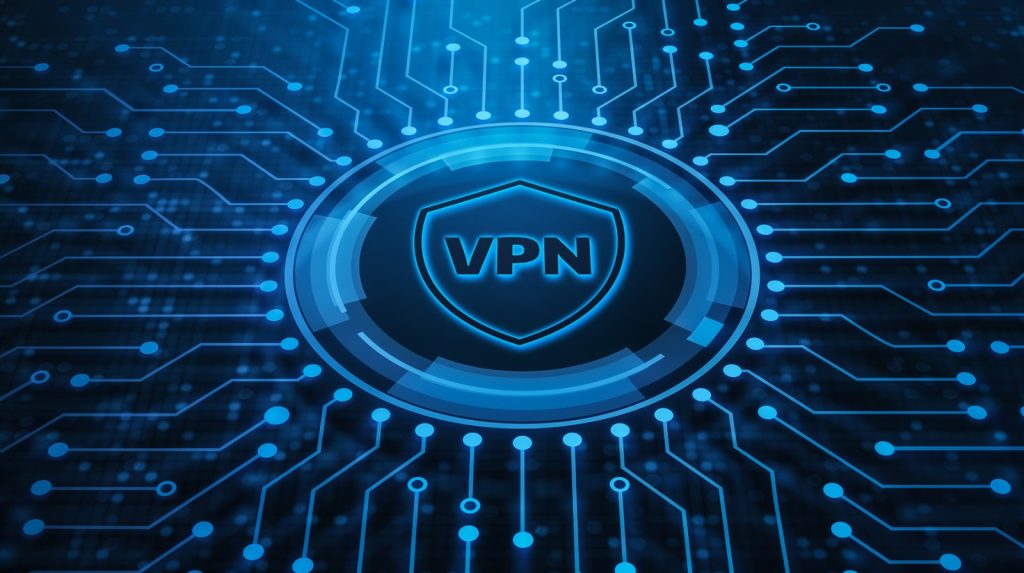In Pakistan, the unregistered use of VPNs for accessing restricted content and engaging in unethical online activities has raised significant concerns. VPNs, while essential for legitimate activities such as ensuring online privacy and enabling secure business communications, are also increasingly used for circumventing restrictions imposed by the government, which has led to unethical practices.
One of the primary issues with unregistered VPNs is their role in bypassing government-imposed restrictions on platforms like TikTok, YouTube, and other social media channels. While these platforms have been banned in the past due to concerns over their content, users often resort to unregistered VPNs to access them.
This undermines the intended purpose of content regulation, as platforms banned for spreading harmful or provocative material are still accessible through unregistered VPNs. Furthermore, unregulated VPNs are frequently used to spread misinformation and engage in cyberbullying, especially during politically sensitive times.
Apart from political content, unregistered VPNs are often employed in more questionable activities. These include accessing adult content, illegal online gambling, and pirated material. Many people use unregistered VPNs to download movies, software, or music without paying for them.
This behavior not only violates copyright laws but also harms the digital economy. Furthermore, criminals exploit these tools for illicit activities, such as hacking, cyberstalking, and even fraud.
Using registered VPNs is crucial for ensuring that digital activities are secure and compliant with legal norms. When users register their VPNs, they are subject to regulations that require transparency and accountability.
Registered VPNs are essential for businesses, freelancers, and remote workers who need secure, uninterrupted online operations. These VPNs help prevent access to restricted content and ensure that users cannot engage in illegal or unethical behavior without being tracked.
The Pakistan Telecommunication Authority (PTA) has introduced a registration process for VPNs, aiming to streamline internet usage and prevent abuse. This initiative helps safeguard against the misuse of VPNs for illegal activities while supporting legitimate business operations.
By using registered VPNs, users contribute to a more secure digital environment, aligned with both national and international digital safety standards.


